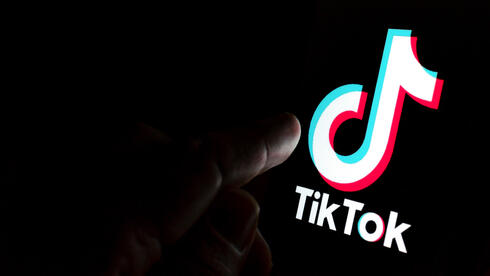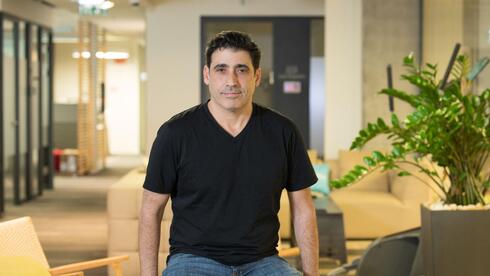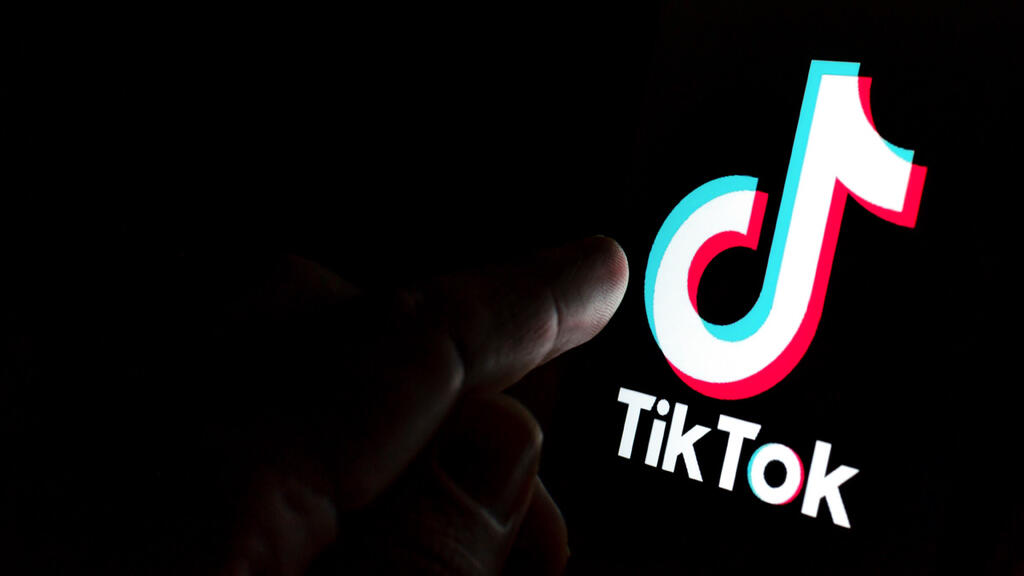
TikTok: The toxic battle for the minds of Gen-Z
Hamas committed atrocities against innocent Israelis - so why are young Americans siding with the terrorists?
You can blame the college professors, you can blame the media bias. You can look at fake news online or you can put it down to plain ignorance. But the data has become clear: young Americans who have spent years getting their news from Chinese-owned TikTok are today expressing record-high levels of sympathy for Hamas, a terror organization whose mission is to wipe Israel off the map.
According to a viral Harvard poll released in the weeks following the brutal attack on Israel and the murder of more than 1,400 civilians, a mind-boggling 51% of 18-24-year-olds believe that the actions of Hamas were justified - that is the murder, kidnap, and rape of innocent people of all ages. This is unlike anything ever seen in previous generations.
The findings come as TikTok, continues to penetrate young minds on a fast and vast scale the likes of which we have never seen. No one will doubt the power it has over the young and impressionable: 16% of marketers cite it as having the best ROI among social platforms and 78% of users purchase something after seeing it featured in TikTok creator content.
But there are also more nefarious ways it has influenced the minds of adolescents. Sadly we are only now beginning to see the impact that this ‘Digital Fentanyl’ has had on the minds of its users. Today the app is used by billions of people - 38% of whom are aged between 18 and 24.
And for those under the age of 30, TikTok is not simply an app. It is the internet. It is the way people connect with friends, see recommendations, discover trends, search for information, and absorb their news. So in the days following the October 7 massacre in Israel millions of young people were getting their information from the accounts they followed and based on what the algorithms chose to show. Much of it was wrong, and much of it was in breach of the platform's community guidelines.
This is to be expected when adults under 30 in the U.S. seemingly trust information from influencers on social media platforms almost as much as news from national media outlets (50% to 56%, respectively).
TikTok states publicly that as of October 25, the platform has, “removed over 775,000 videos and closed over 14,000 livestreams promoting violence, terrorism, hate speech, misinformation, and other violations” of its Community Guidelines since October 7. A TikTok representative spoke to CTech on the condition of anonymity and promised that the platform, historically plagued with anti-Semitism and Holocaust denial, is doing what it can to cleanse hateful content and “make our platform more mature” for users. Despite this, youngsters in schools from New York to California took to the hallways to promote Hamas and celebrate their actions against innocent Israeli civilians whose ages ranged from toddlers to survivors of the very Holocaust TikTok influencers have denied ever took place.
According to Jeff Morris Jr. in a lengthy thread on X, the top hashtag ‘#standwithPalestine’ has 3 billion views versus 200 million for its alternative, #standwithIsrael. “Because the TikTok narrative is now so anti-Israel, the engagement flywheel encourages creators to support that narrative because it’s getting the most attention and creating anti-Israel content helps them increase their following,” he wrote. “TikTok is the primary news source for many younger demos & while we have justifiable concerns about The New York Times & mainstream media, this has become a TikTok war.”
Morris Jr. goes on to accuse TikTok of being controlled by ‘anti-Israel bot farms’ with paid commenters, likers, and sharers he believes are paid for by Hamas-supporting organizations.
When asked about this, TikTok rejected the notion. “Bots are not allowed on TikTok,” the representative told CTech. “Based on our algorithm, we can identify posts by bots or humans. We are trying to prevent those from being on our platform and our machine learning detects issues all the time.”
TikTok’s claim directly contradicts a study conducted by Cyabra, an Israeli ‘social threat intelligence company’ that measures sentiment, impact, and authenticity across all media platforms. It explained that: “In the first two days of the war (October 7-9) Cyabra analyzed 2 million posts, pictures, and videos across Facebook, X, Instagram, and TikTok [emphasis added]. The analysis identified tens of thousands of fake profiles spreading disinformation and propaganda, as well as gathering sensitive details about their targets.”
The consequences of the spread of such disinformation have been drastic. An Axios report found pro-Palestine posts ‘far surpass’ pro-Israel posts, which TikTok simply attributes to large real-life demographic differences between Muslims and Jews. However, when presented with the Harvard study offering a correlation between these posts, the level of bots and misinformation, and the subsequent pro-Hamas views of its young users, the representative declined to comment.
“The narrative is totally different than the narrative in Israel,” said Danny Peld, Managing Partner at Stardom Ventures. “We’re talking about Hamas being ISIS, and they’re talking about ‘Free Palestine’, which is not the reason Israel decided to invade Gaza and destroy the terror organization. It is two different narratives but the fact they're mixing the two narratives is helping them a lot with getting more fans or more positive opinions from the global audience.”
Gen-Z is today publicly supporting Hamas and calling for the end of Israel. Millions are looking around at the West’s response to the atrocities committed against Israel’s people and wondering where it all went wrong. “When you fight countries like Iran, Qatar, China, or Russia, that have a very organized methodology on how to spread out misinformation, then this stuff is difficult,” said Peled.
It is impossible to know right now just how much damage to young American minds has been caused by TikTok, how much of it was under the direction of the CCP, or whether or not it made any difference at all. One thing is becoming certain: schoolyards and college campuses have morphed into hotbeds of terrorist sympathizers chanting slogans they don’t understand about a tiny region they’ve never visited.
“The one thing that is 100% confirmed is that the Chinese government has access to the TikTok servers… and [they and] other countries can play with the algorithm and present different results. It is probably the most powerful propaganda device available,” he concluded.















